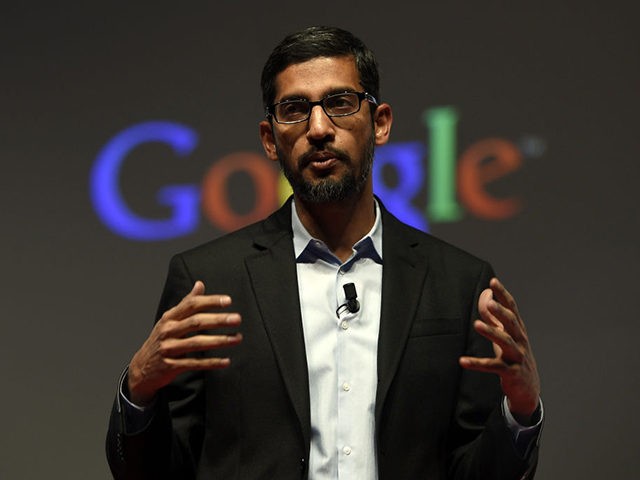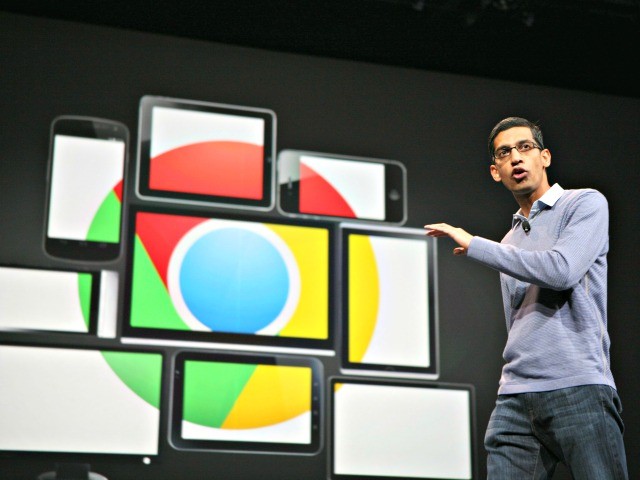According to recent testimony in the landmark antitrust trial against Google, the internet giant strategically altered its ad auction formula in 2017, raising prices by 15 percent and potentially earning billions in extra revenue.
Bloomberg reports that during the ongoing antitrust case against Google, economist Michael Whinston unveiled the tech giant’s secretive 2017 strategy, known as “Project Momiji,” which aimed to manipulate advertising auction prices to its benefit.
Whinston, a professor at MIT, detailed how Google sought to “raise the prices against the highest bidder” by modifying its ad-selling approach.
The strategy focused on a discovered gap where the second-highest bidder often bid only 80 percent of the winning offer. Google’s response was to introduce a handicap for the second-place bidder, rigging the auction to make the losing offer more competitive and closing the 20 percent gap between the first and second bids. This change, combined with charging more for ads with additional text, was projected to increase Google’s revenues by 15 percent.
Whinston emphasized the monopolistic nature of Google’s actions, stating, “It’s the advertisers who are running in this race. It’s Google setting the rules.” He highlighted a technique called “squashing” to make the runner-up’s bid more competitive, based on internal emails and testimony by Google finance executive Jerry Dischler.
Dischler previously testified to Google’s efforts to “tune” ad auctions to achieve its revenue targets. As Breitbart News reported:
Bloomberg reports that as the federal antitrust trial against Google intensifies, new revelations have come to light about the company’s advertising practices. Jerry Dischler, vice president for advertising products, testified that Google frequently changes its ad auction mechanisms, including the cost and minimum spending on ads, to meet revenue targets. These adjustments, known internally as “tunings,” can lead to an increase in ad prices by as much as 5 percent.
“We tend not to tell advertisers about pricing changes,” Dischler said during his testimony. This lack of transparency has raised ethical concerns among industry experts and advertisers alike. In a 2019 email, Dischler and his team discussed “shaking the cushions” to find potential changes that would help Google meet its quarterly revenue targets. “My goal was to get creative so we could meet our quota,” Dischler added.
The DOJ alleges that Google has illegally maintained its online search monopoly, contributing to its substantial revenue, with more than 60 percent coming from search ads, amounting to over $100 billion in 2020.
Read more at Bloomberg here.
Lucas Nolan is a reporter for Breitbart News covering issues of free speech and online censorship.


COMMENTS
Please let us know if you're having issues with commenting.